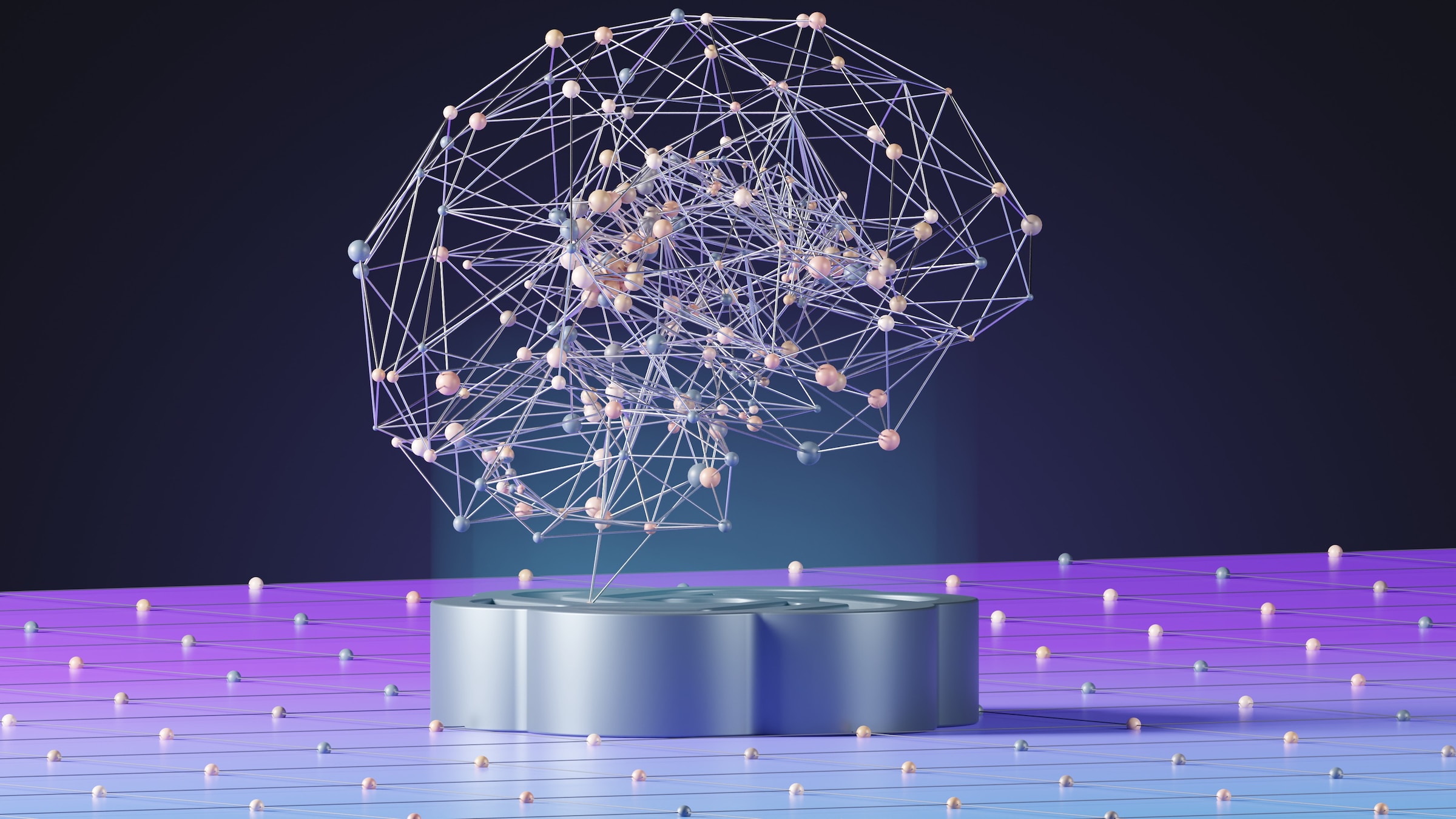In a significant step towards ensuring the safety of artificial intelligence (AI) technologies, a group of 18 countries recently came together to establish guidelines to protect AI models from security breaches. This move, spearheaded by nations such as the United States, United Kingdom, Australia, Canada, France, and Germany, marks a critical moment in the journey of AI development.
These guidelines, which span 20 pages, were released on November 26. They focus on advising AI companies on the importance of cybersecurity throughout the AI model's lifecycle. This initiative emphasizes that security should be a primary consideration in AI development, contrary to its current status as an often overlooked aspect.
Essential Strategies for AI Security
The document suggests vital strategies for AI firms to enhance the security of their AI models. Key recommendations include closely monitoring the AI model's infrastructure, vigilant surveillance for any signs of tampering before and after the model's release, and emphasizing the importance of training employees about potential cybersecurity risks.
However, the guidelines stop short of addressing some controversial areas in AI. These include debates over the regulation of image-generating models and deepfakes, as well as data collection practices used in training models — a topic that has led to copyright infringement lawsuits against several AI firms.
Global and Industry Participation
This initiative is part of a broader conversation about AI safety and regulation. It follows other significant events like the AI Safety Summit held in London earlier this month, where governments and AI companies discussed agreements on AI development.
Moreover, the European Union is working on its AI Act to regulate this sector. U.S. President Joe Biden recently issued an executive order to establish AI safety and security standards. Both these efforts have faced some resistance from the AI industry, which fears that stringent regulations might hinder innovation.
This global effort represents a concerted attempt to prioritize AI technologies' security and ethical development, acknowledging AI's growing influence in various aspects of modern life.



 Nvidia CEO Jensen Huang Says AI Investment Boom Is Just Beginning as NVDA Shares Surge
Nvidia CEO Jensen Huang Says AI Investment Boom Is Just Beginning as NVDA Shares Surge  Nvidia Confirms Major OpenAI Investment Amid AI Funding Race
Nvidia Confirms Major OpenAI Investment Amid AI Funding Race  Sony Q3 Profit Jumps on Gaming and Image Sensors, Full-Year Outlook Raised
Sony Q3 Profit Jumps on Gaming and Image Sensors, Full-Year Outlook Raised  Jensen Huang Urges Taiwan Suppliers to Boost AI Chip Production Amid Surging Demand
Jensen Huang Urges Taiwan Suppliers to Boost AI Chip Production Amid Surging Demand  Oracle Plans $45–$50 Billion Funding Push in 2026 to Expand Cloud and AI Infrastructure
Oracle Plans $45–$50 Billion Funding Push in 2026 to Expand Cloud and AI Infrastructure  SpaceX Pushes for Early Stock Index Inclusion Ahead of Potential Record-Breaking IPO
SpaceX Pushes for Early Stock Index Inclusion Ahead of Potential Record-Breaking IPO  Baidu Approves $5 Billion Share Buyback and Plans First-Ever Dividend in 2026
Baidu Approves $5 Billion Share Buyback and Plans First-Ever Dividend in 2026  SoftBank and Intel Partner to Develop Next-Generation Memory Chips for AI Data Centers
SoftBank and Intel Partner to Develop Next-Generation Memory Chips for AI Data Centers  SpaceX Updates Starlink Privacy Policy to Allow AI Training as xAI Merger Talks and IPO Loom
SpaceX Updates Starlink Privacy Policy to Allow AI Training as xAI Merger Talks and IPO Loom  AMD Shares Slide Despite Earnings Beat as Cautious Revenue Outlook Weighs on Stock
AMD Shares Slide Despite Earnings Beat as Cautious Revenue Outlook Weighs on Stock  Tencent Shares Slide After WeChat Restricts YuanBao AI Promotional Links
Tencent Shares Slide After WeChat Restricts YuanBao AI Promotional Links  Palantir Stock Jumps After Strong Q4 Earnings Beat and Upbeat 2026 Revenue Forecast
Palantir Stock Jumps After Strong Q4 Earnings Beat and Upbeat 2026 Revenue Forecast  TSMC Eyes 3nm Chip Production in Japan with $17 Billion Kumamoto Investment
TSMC Eyes 3nm Chip Production in Japan with $17 Billion Kumamoto Investment  Nvidia Nears $20 Billion OpenAI Investment as AI Funding Race Intensifies
Nvidia Nears $20 Billion OpenAI Investment as AI Funding Race Intensifies  Global PC Makers Eye Chinese Memory Chip Suppliers Amid Ongoing Supply Crunch
Global PC Makers Eye Chinese Memory Chip Suppliers Amid Ongoing Supply Crunch  SpaceX Prioritizes Moon Mission Before Mars as Starship Development Accelerates
SpaceX Prioritizes Moon Mission Before Mars as Starship Development Accelerates  SoftBank Shares Slide After Arm Earnings Miss Fuels Tech Stock Sell-Off
SoftBank Shares Slide After Arm Earnings Miss Fuels Tech Stock Sell-Off 































